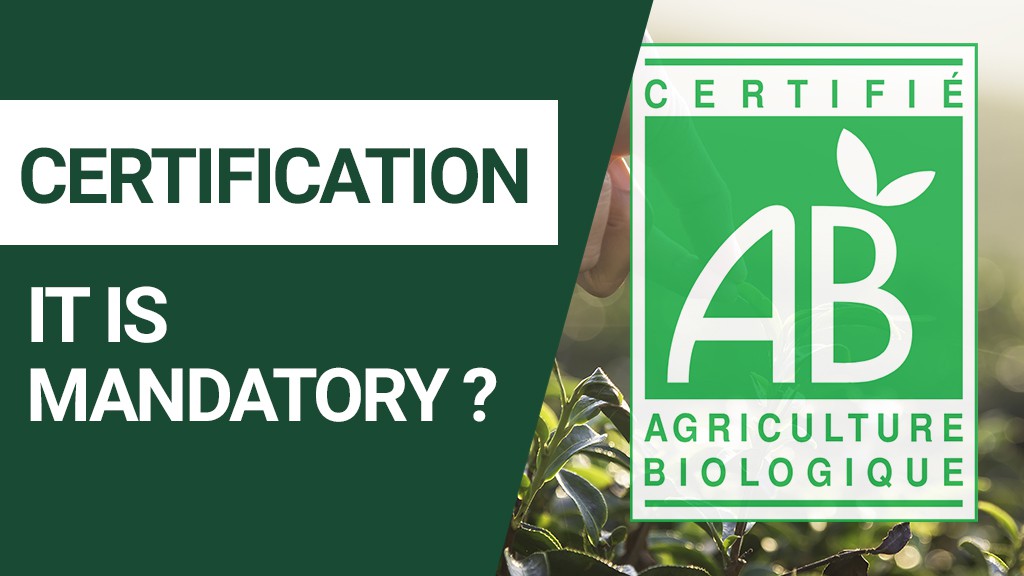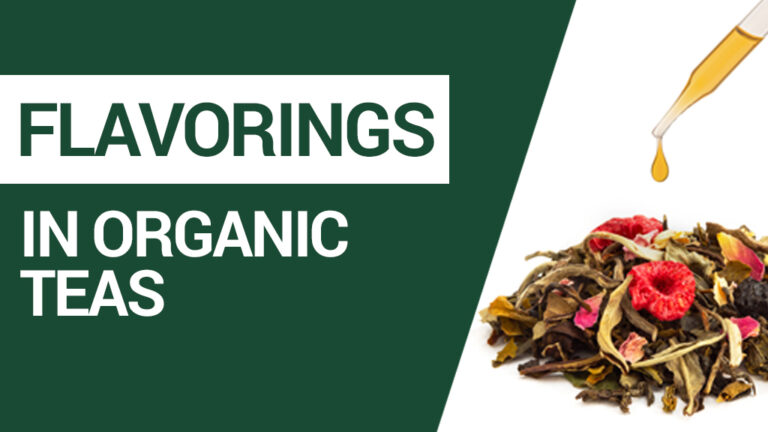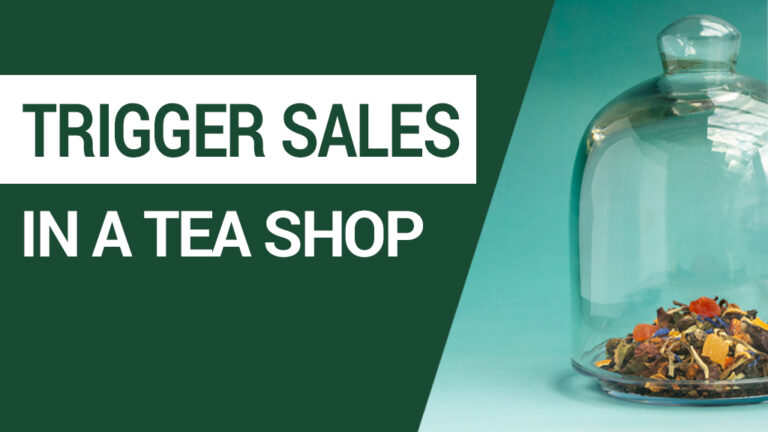Yes, you don’t always need the organic certification to sell organic tea or herbal teas in France.
That’s the good news.
The question is when this exception applies.
Because there are 2 cases where your company could be exempt:
- If you distribute pre-packaged products that you sell directly to the consumer, while stocking the products at your point of sale,
- If you make less than €20,000 a year before tax on organic products sold in bulk (unpackaged).
But there are additional conditions for this. So to find out if this applies to you, read on…
NB – Disclaimer: This article does not claim to be exhaustive. French and European regulations are regularly updated. To keep abreast of current rules and not mess it up when you launch your business, contact the Agence Bio if you’re based in France.
You should also contact a certification body like ECOCERT. They will tell you if and when you need to be organic certified.
Table of contents
ToggleIn which cases can you benefit from an organic certification exemption?
Case of organic certification exemption if you only sell prepackaged goods.
You can be exempted from organic certification in France if you only resell pre-packaged organic products and sell directly to the end consumer or end user.
This is on condition that the products are stored at the point of sale.
This means you can’t sell online without being certified organic.
Nor can you package products yourself. You’ll have to call on a certified professional to package your tins or doypacks. Or you can resell pre-packaged products from another brand.
Case of organic certification exemption if you sell bulk teas and herbal teas.
The rule is as follows:
- If your turnover for organic products is less than €20,000 a year on these bulk organic products,
- you do not produce or prepare these products,
- store them at the point of sale only,
- and that you do not import these products from a third country or subcontract these activities to a third party,
then you don’t have to be certified organic.
This means that:
- To sell loose teas and herbal teas online, you must be certified organic,
- If you plant organic tea or herbs, you must be certified,
- If you make your own blends, you must also be certified.
This exemption is the classic case of delicatessens, which sell mostly pre-packaged products from other brands, and at the same time develop a mini-selection of organic teas and herbal teas sold in bulk. This works, as long as they don’t exceed annual sales of €20,000 before tax on these products.
This is also the case for part of the hospitality business. Cafés and restaurants serving organic tea are not required to be certified, as long as the tea is served in its original packaging and not repackaged.
If you’re exempt from organic certification, do you have any other obligations?
You have to “notify” the Agence Bio of your activity if you sell tea in bulk.
However, you are also exempt from notification if you only sell pre-packaged products.
What is “notification” and how do you notify your activity to the Agence Bio?
It’s very simple.
Notification just involves informing the Agence Bio that you have an assortment of organic products.
Once your business is registered, all you have to do is create an account on the Agence Bio website and fill in the notification form.
Account creation and notification are free.
Talking from experience, it won’t take you more than 15 to 20 minutes to complete the form.
When do you need to be certified organic?
Well, in all other cases.
For example, you must be certified organic if:
- you sell online – because you don’t sell products directly (i.e. physically) to the end consumer or buyer,
- you sell to professionals,
- you don’t always store your products at the point of sale,
- you produce your own herbs or tea,
- you make your own blends,
- you package your tea or herbal teas yourself. Except in the case of bulk sales, and subject to the conditions I mentioned above,
- etc.
In conclusion
So, you can be non-certified and still sell organic tea in 2 specific cases.
This can be good news if you want to start quickly and minimize start-up costs (because the certification comes at a price).
But even if this exemption applies to you, certifying your business may still be a good idea.
Why?
Because you’re more flexible. As we’ve seen, these 2 exemptions are very limiting. Once you’re certified, you can pack your products yourself or sell them online, for example. You can also resell to distributors and other professionals (which will be necessary to develop a brand).
And if you want to know how to become certified organic? That’s the subject of a future article…




